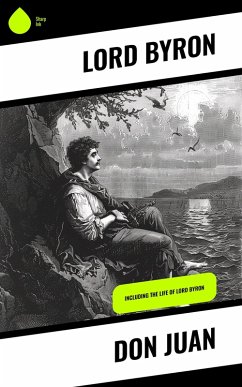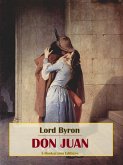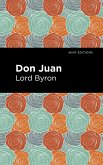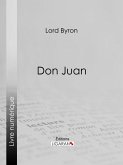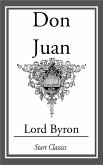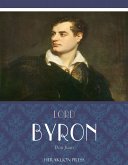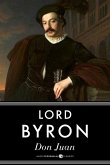In "Don Juan," Lord Byron employs a satirical and often irreverent tone to explore the themes of love, identity, and societal norms through the misadventures of its titular protagonist. This mock-epic poem diverges from traditional heroic narratives, using a playful narrative structure and a conversational vernacular, allowing Byron to dissect contemporary moralities, gender roles, and the hypocrisy of his era. Published intermittently from 1819 to 1824, "Don Juan" stands as a hallmark of Romantic literature, blending autobiographical elements with a critique of the Romantic ideal while drawing on influences from classical epic poetry and Enlightenment thought. Lord Byron, a key figure in the Romantic movement, harnessed his own tumultuous experiences of love, scandal, and social estrangement to breathe life into this work. His own reputation as a libertine and the cultural milieu of early 19th-century Europe shaped the conflicts and characters within the poem. Byron's multifaceted personality and vast literary influences give "Don Juan" a unique depth that reflects both personal and societal turmoil. For anyone fascinated by the intricate interplay of satire and romance, Byron's "Don Juan" offers a rich and enjoyable reading experience. It's an essential work that challenges conventional paradigms while showcasing Byron's lyrical prowess and sharp wit. This poem is a must-read for both scholars and casual readers who wish to explore the complexity of desire and the folly of humanity.
Dieser Download kann aus rechtlichen Gründen nur mit Rechnungsadresse in A, B, BG, CY, CZ, D, DK, EW, E, FIN, F, GR, HR, H, IRL, I, LT, L, LR, M, NL, PL, P, R, S, SLO, SK ausgeliefert werden.

